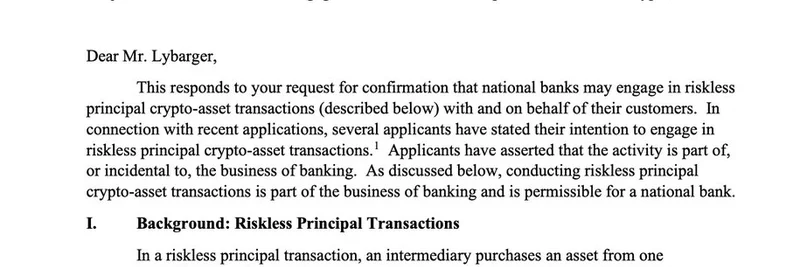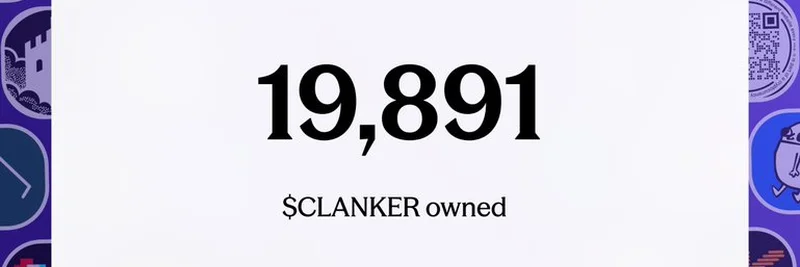A recent tweet from SolanaFloor has spotlighted a concerning development in the crypto world: a massive supply chain attack that could have wreaked havoc but ended up stealing just $503. Let's break this down in simple terms and see what it means for folks trading meme tokens on chains like Solana.
What Went Down in This Attack?
It all started with hackers targeting the JavaScript world through NPM, which is basically a huge library where developers grab code packages for their projects. These packages have been downloaded over a billion times—yeah, that's billion with a 'b.' The bad guys used a sneaky phishing email pretending to be from NPM support to steal a developer's credentials. Once in, they snuck malicious code into popular packages.
This code was crafty. It tried to mess with crypto transactions on websites by swapping out wallet addresses. Imagine you're sending funds to a friend, but the address gets secretly changed to the hacker's. Scary, right? But here's the twist: the hackers messed up. Their code caused some systems to crash during updates, which tipped off developers early. Plus, users still had to approve transactions manually in their wallets, so automatic drains didn't happen.
According to blockchain sleuths like researcher @4484 on Arkham, the total stolen was a puny $503.59. That's pocket change in crypto terms, especially when you consider the potential for millions in losses.
Who Got Hit and How Did They Respond?
The attack sent ripples through the crypto community, especially projects on Ethereum and Solana that rely on these JavaScript tools. Big names like Marinade, Solflare, Step Finance, Jupiter, Drift, and Phantom quickly checked their systems and gave the all-clear—they weren't affected.
Ledger's CTO, Charles Guillemet, was one of the first to sound the alarm on September 8 via X (formerly Twitter). He advised everyone to hold off on on-chain activities until things cleared up and stressed that hardware wallets are still your best bet, as long as you double-check every transaction before signing. DefiLlama founder 0xngmi explained that while the code could alter transactions on compromised sites, it couldn't force approvals without user input.
The Security Alliance called it a "lucky" escape, noting that a smoother execution could have led to massive damage.
Why This Matters for Meme Token Enthusiasts
Meme tokens thrive on fast-paced trading, often on platforms built with open-source code like these NPM packages. If you're pumping Solana-based memes or jumping into the latest viral coin, this attack is a wake-up call. Supply chain vulnerabilities can hit anyone, from DeFi protocols to simple wallet interfaces.
The good news? This incident had almost no victims, but it highlights how interconnected everything is in blockchain. For meme traders, sticking to verified apps, using hardware wallets, and being vigilant about phishing can make all the difference. Remember, in the wild world of memes, security isn't just about holding bags—it's about not losing them to sneaky hacks.
If you're diving deeper, check out the full report on SolanaFloor. Stay safe out there, and keep an eye on those transactions!



